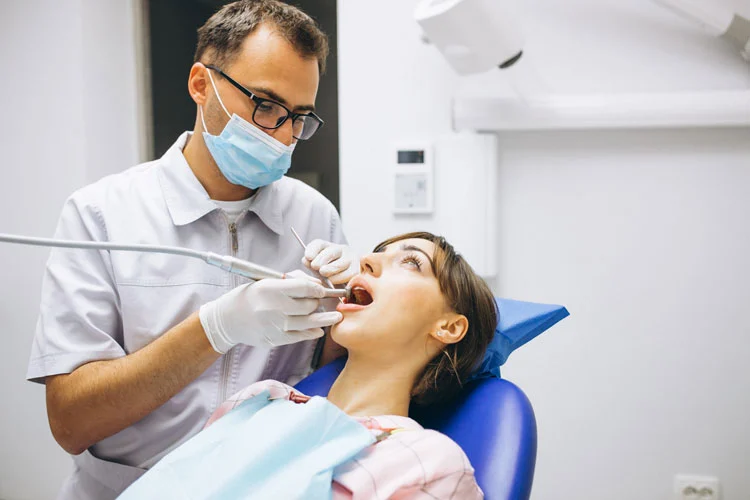What to Do in a Dental Emergency?
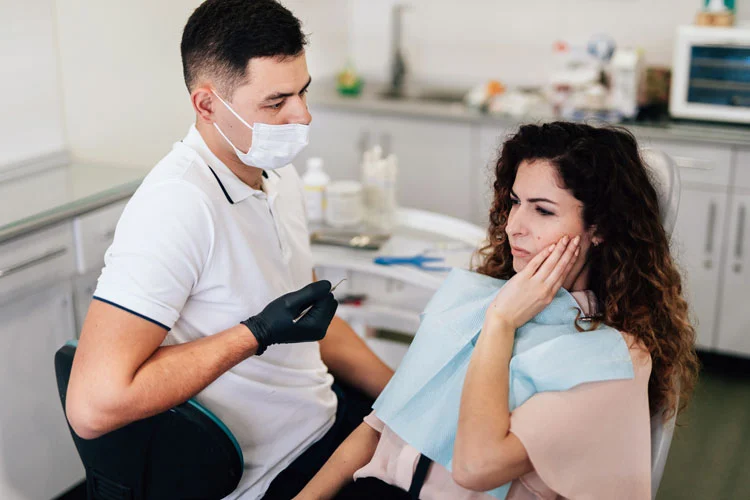
The best way to prevent the need for emergency dental treatment is to receive regular dental care, including check ups and cleanings, but some instances simply cannot be avoided even with proper care, such as a dreaded chipped tooth.
While inconvenient, receiving dental emergency treatment when you need it most can be life changing for the look, function, feel, and health of your teeth for years to come.
What are Dental Emergencies?
Outside of chipped teeth, a few signs and symptoms qualify for urgent dental care. These include:
- A lost tooth
- Sudden or extreme tooth pain
- Loose teeth
- Signs of infection
- Bleeding from the mouth or gums
Beginning with chipped teeth, many patients may worry if they don’t have the tooth fragment to reattach. Thankfully, an emergency dentist is used to creating a natural-looking replacement for the missing tooth enamel from dental materials. The emergency dentist services provided will leave you with a tooth that is nearly indistinguishable from the original in both form and function.
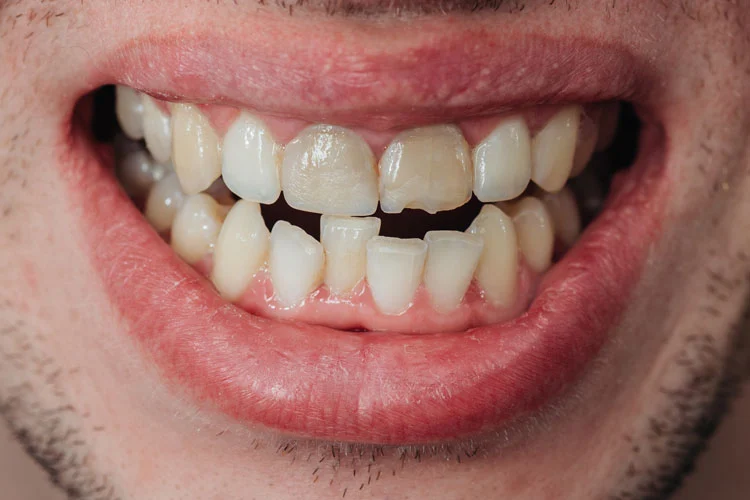
If the broken or chipped teeth occur in a child who does not yet have permanent adult teeth, the same process may still be recommended to allow for proper development of the bite and pallet. Even if the tooth is not permanent, a broken tooth can still create issues if left unattended.
Unlike with a chipped tooth, holding on to a lost tooth until you can see your dentist is ideal. It is sometimes possible to reattach a tooth that has been knocked out, but how you handle it is important. First, try only to touch and handle the tooth by the crown, not by the sensitive, living roots. Do not scrub or brush the tooth, as this could damage the roots. If there’s any foreign debris on the tooth, you may gently rinse the tooth in a bowl of lukewarm water (do not rinse under running water) for no more than 10 seconds.
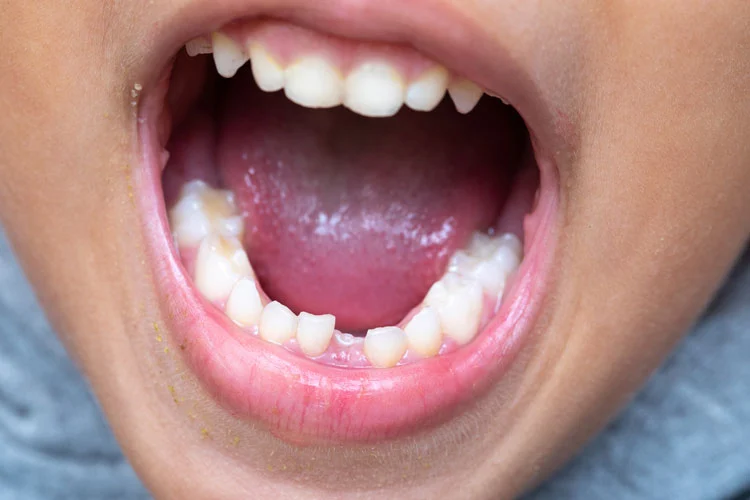
Then, try to insert the tooth back into its socket until you can get to a dentist who can provide emergency dental care. If you can’t put it back into its socket, leave it between your cheek and gums or submerge in your saliva. There are also solutions made to preserve a knocked-out tooth. It is important to keep it moist and handle with extreme care until you can receive dental services.
For loose teeth, see your dentist as soon as possible and stick to a regimen of soft foods, do gentle brushing to keep the area clean, and try your best not to touch or mess with the tooth. This could lead to further damage and dislodging.
When to see a Dentist for Tooth Pain
An occasional tooth ache that resolves quickly on its own may not be a cause for concern, but extreme tooth pain that comes on suddenly is a sign to make an emergency dental appointment. Even if the pain is mild or moderate but does not go away in a day or two, it’s time to see your dentist.
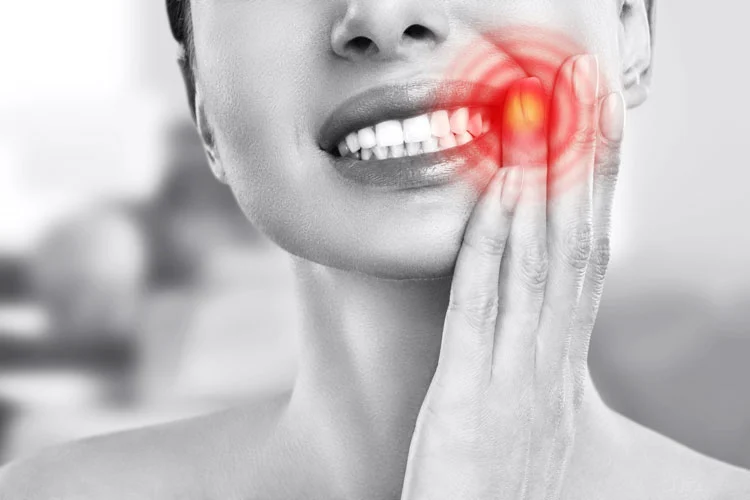
Oral pain could be a sign of dental infections that require immediate treatment to preserve oral health. An infection may also be accompanied by symptoms of illness, such as fever, swollen lymph nodes, and headache.
If you’re experiencing the symptom of bleeding gums that persist beyond occasional bleeding from brushing or other obvious cause, it’s time to call your dentist.
Emergency Dental Care in Tucson AZ
Dr. Dalesandro & Associates are exceptionally qualified Tucson dentists to care for all your general and emergency dentistry needs.
In addition, our staff of Dental Hygienists and Dental Assistants are warm and professional. Plus, we serve multiple family members, from young children to adults. Whatever your needs from preventative care, to restorative such as cavity fillings, to even emergency first aid services for accidents, we do it all.
The Family Dental Practice Tucson Trusts
Dr. Dalesandro & Associates
At our Tucson dentist office we strive to make our clients feel safe and proud of their smiles! We keep our dental office clean and ready for your appointment.
Contact us today and set up your first visit with the Dr. Dalesandro dental care team by continuing to explore our website.
